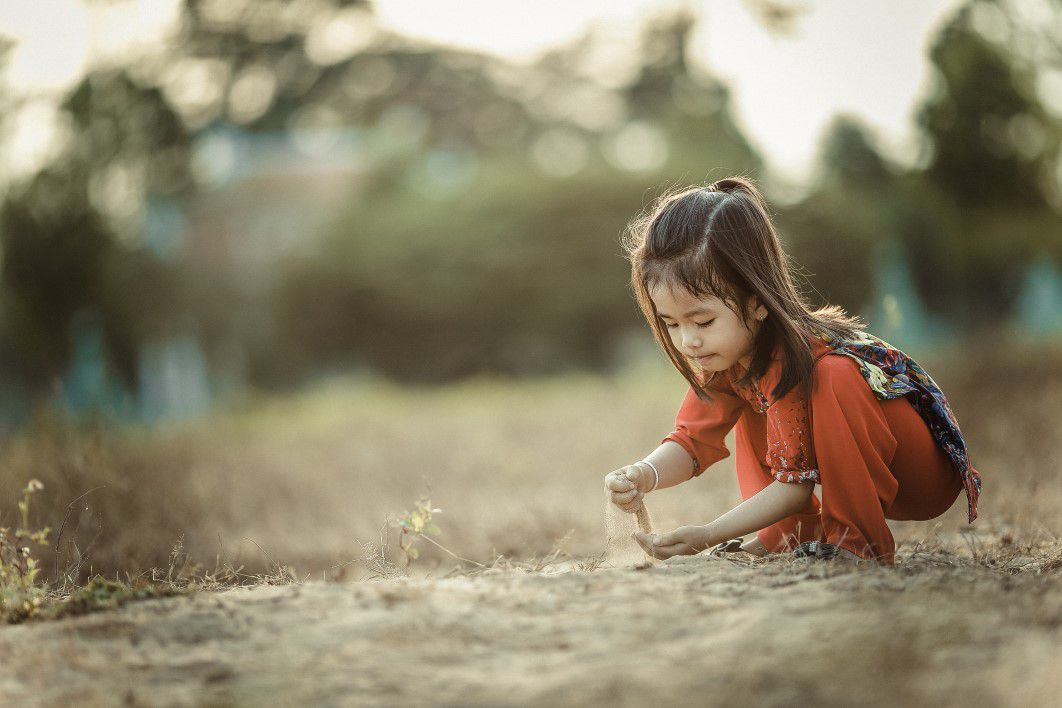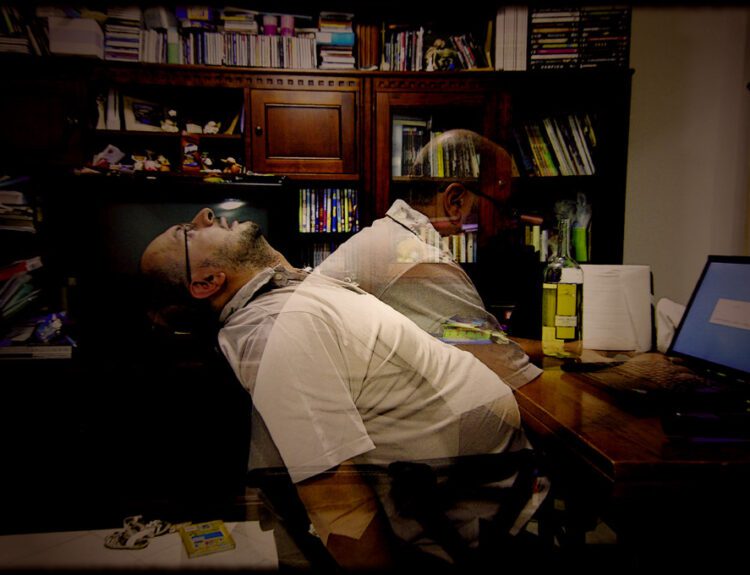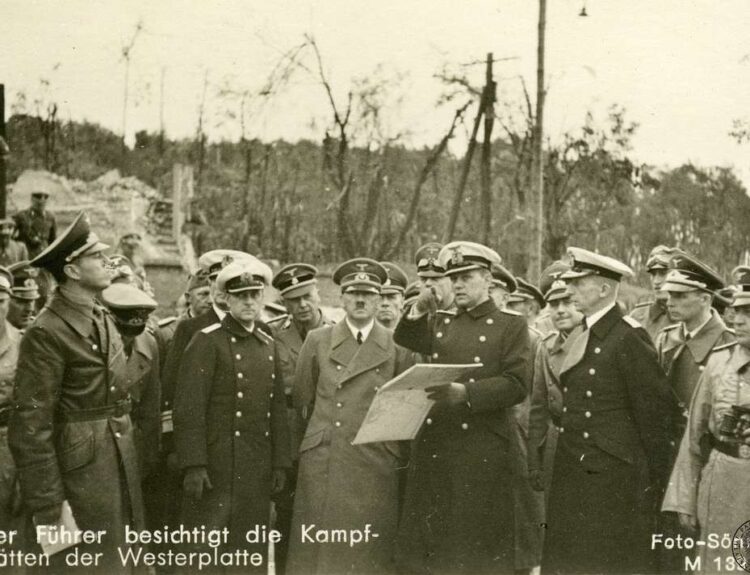Have you ever thought, “Why don’t I remember being a baby?” You’re not alone. Most of us struggle to recall anything before the age of three, and that blank space in our memory is no accident—it’s a well-documented phenomenon called childhood amnesia.
What Is Childhood Amnesia?
Childhood amnesia refers to the inability of adults to recall genuine memories from the early years of life, typically from birth to age 3 or 4. It’s not that babies don’t experience or learn during those years—they do. In fact, infants recognize faces, voices, and even learn basic language patterns. But while the brain stores semantic knowledge (like recognizing mom or understanding the word “no”), it struggles to form episodic memories—the kind that lets us recall events with rich detail.
When Do Babies Become Self-Aware?
Conscious thought seems to begin earlier than many might think. A study conducted by neuroscientists in Paris and Denmark showed that babies as young as 5 months demonstrate conscious brain activity. When exposed to images, their brains showed two distinct waves of processing: a sensory response followed by a delayed signal indicating conscious awareness.
Although the signal delay was much longer in babies—taking over a second versus the 300 milliseconds in adults—it confirmed that infants do have conscious experiences. However, just because they’re conscious doesn’t mean they’ll remember those experiences later.

Why Don’t We Remember Being Babies?
The answer lies in how our brains develop. Episodic memory requires the hippocampus—a structure in the brain responsible for tying together various sensory inputs into coherent memories—to be mature and functional. Research shows that the hippocampus doesn’t fully develop until around age 2 to 4.
Even when toddlers start forming memories, most of those early recollections don’t last into adulthood. According to a study from Emory University, three-year-olds could recall specific events like trips to Chuck-E-Cheese when prompted by parents. But by the time those children were seven to nine years old, they remembered only about 35% of those same events. In contrast, five- to seven-year-olds remembered about 70%—showing a steep decline in memory retention around age seven.
The Role of Semantic vs. Episodic Memory
It’s important to distinguish between semantic memory and episodic memory:
- Semantic memory helps babies and toddlers understand concepts, relationships, and causes and effects.
- Episodic memory ties specific events to time and place—like remembering a birthday party or a specific toy.
Researchers believe the brain might prioritize semantic learning in early years because episodic memories could interfere with foundational learning. For example, if a baby had one bad experience with a toy, it might form a permanent aversion before understanding what the toy even is. By delaying detailed memory storage, the brain ensures that babies are open to exploration and learning, rather than being held back by early fears or false associations.
How Memory Evolves as We Grow
Memory formation continues to improve as the brain physically matures. A joint study by Wayne State University and MIT found that areas responsible for attention and strategic thinking undergo major development during childhood. As we grow older and begin to understand time, space, and identity, we also gain the cognitive structure needed for autobiographical memory.
Interestingly, older children who do retain early memories often remember fewer events but in greater detail. That’s because lasting memories are usually tied to emotions, sensory details, or significant personal meaning—all of which become easier to process with age.
Final Thoughts: Is Childhood Amnesia a Blessing in Disguise?
As frustrating as it might be to have a black hole where our baby memories should be, childhood amnesia might actually help us become better learners and more adaptable humans. The brain filters out the noise and preserves what’s essential for developing intelligence and awareness.
Plus, let’s be honest—maybe it’s a good thing we don’t remember being terrified of vacuum cleaners or chewing on our own toes.
What’s your earliest memory? How old were you? Share your thoughts in the comments below and don’t forget to subscribe for more insights into the fascinating workings of the human mind.








